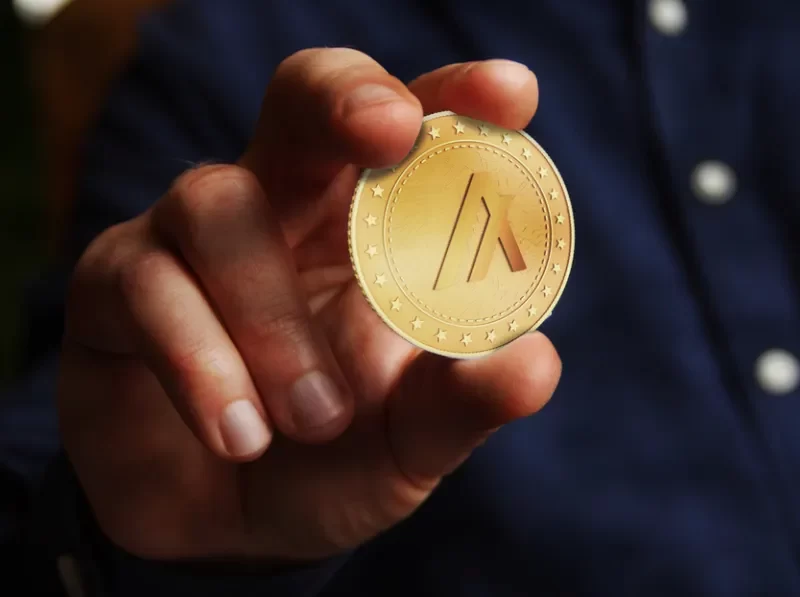The private key for a custodial wallet is kept by a third party rather than the cryptocurrency owner. The user maintains control over a non-custodial wallet.
Even though a custodial wallet is generally more convenient and less responsible than a non-custodial wallet, many people prefer them because of these factors.
What is a Custodial Wallet?
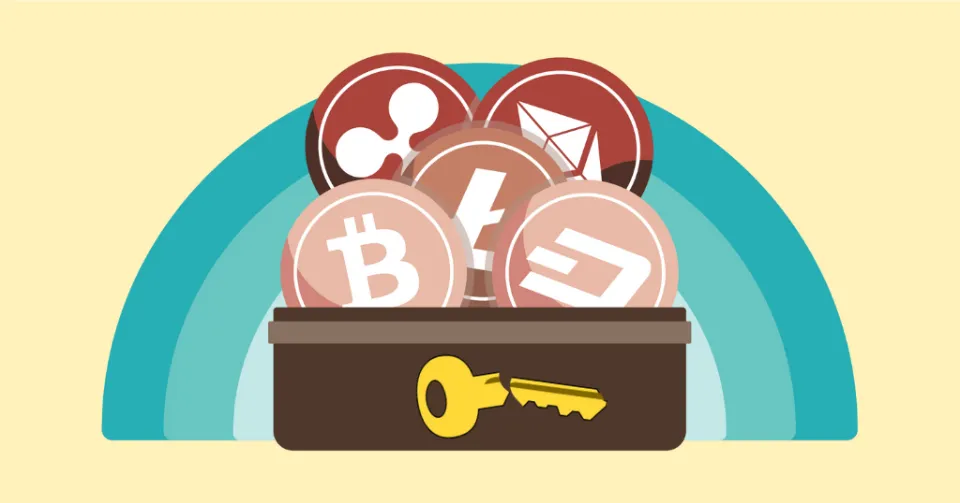
A wallet in which the private keys are kept by a third party is referred to as a “custodial wallet.” In other words, while you only need to give permission to send or receive payments, the third party has complete control over your money.
What is a Non-Custodial Crypto Wallet?
It’s a specific kind of Blockchain wallet that enables you to act as your own bank. This suggests that users have complete control over their money and the related private key. You can read more about blockchain wallets here if you’re interested.
Custodial Vs Non-Custodial Wallet
1. Custodian of Private Key
Who holds the private key is the most important thing to take into account when contrasting custodial and non-custodial wallets.
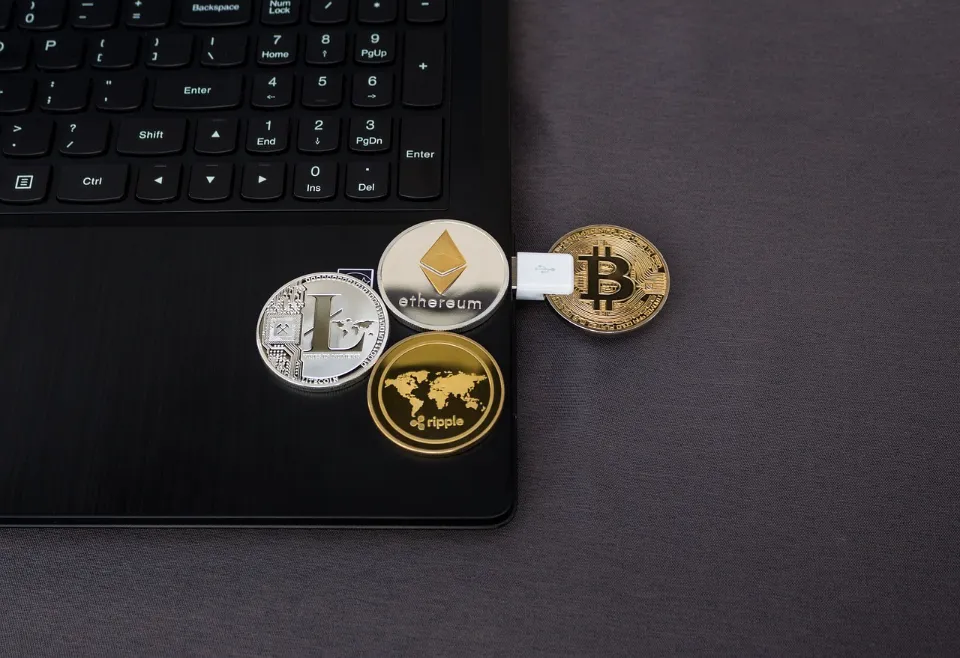
With Custodial wallets, a third party is in charge of managing the private key. All of the blockchain custodian services are provided by users in the case of non-custodial wallets.
So, in case you want to introduce a wallet where users can be their own bank, go with the idea of creating non-Custodial blockchain wallets (also known as self custodial wallets)
2. Transaction Type
The transaction type should be taken into account when comparing custodial and non-custodial crypto wallets.
Non-Custodial receives a real-time update of the transaction on the chain. Custodial wallet, however, is an exception.
It is clear once more from this that the former is in the lead.
3. Security
All of the private user information is kept in hot and cold storage in custodial online cryptocurrency wallets, which are frequently breached by hackers. As a result, custodial security is low unless the authoritative party takes strong security measures.
In contrast, the full information is still in the users’ hands when comparing non-custodial crypto wallets. As long as the user doesn’t disclose the information to anyone or their device doesn’t get stolen, the risk of data theft is reduced.
Thus, the battle between custodial and non-custodial wallets goes to the non-custodial side once more.
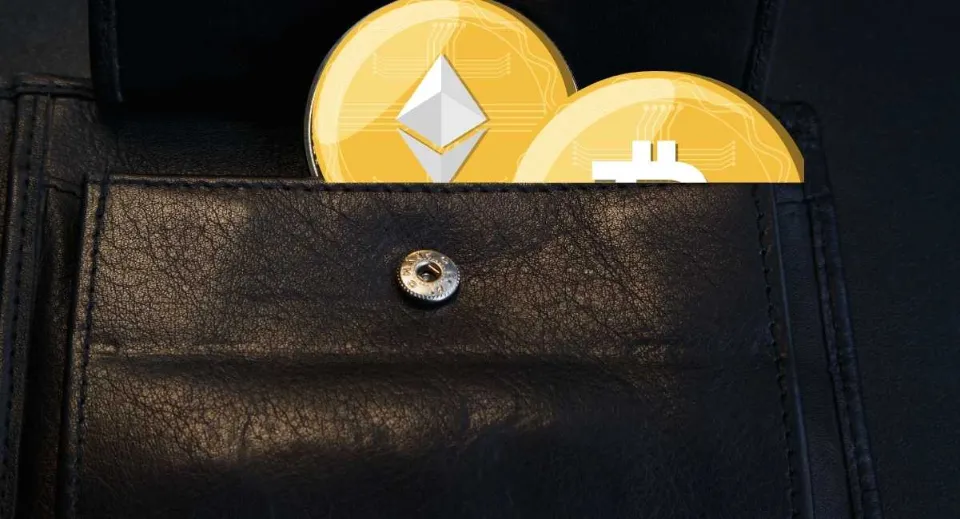
4. Backup and Recovery Possibility
Self-custodial wallets or non-custodial crypto wallets fall short of the custodial one in terms of backup and recovery options.
The private key is stored within the Custodial wallets. In other words, even if you lose access to data, you can get it back by asking a third party.
In the case of non-custodial wallets, where you are the only authority, this is not feasible.
5. Offline Accessibility
You must log into your Custodial wallet and submit a request to a centralized authority in order to access your funding and the associated information. Internet connectivity is therefore essential.
Non-Custodial wallets do not, however, have this requirement. Consequently, this shows that non-custodial wallets are a better choice for utilizing full blockchain development services in real-time.
6. Future Scope
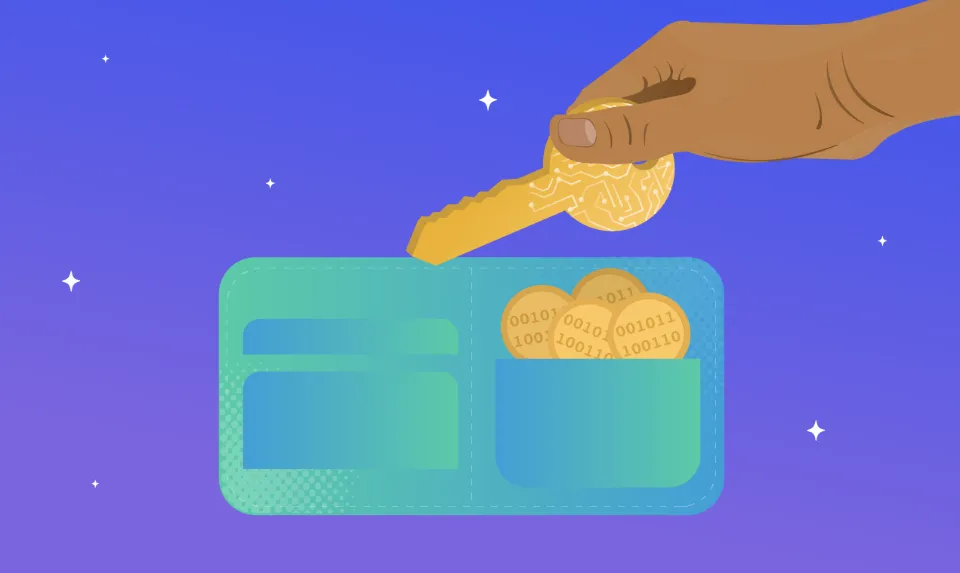
Due to the increasing number of data breach cases and users’ increased concern for their data privacy and security, non-custodial wallets will continue to outperform custodial wallets, according to market trends for cryptocurrencies.
7. Examples
The best Custodial wallets include, but are not limited to, Free Wallet, Binance, BitMex, Bitgo, and Blockchain.com.
Electrum, Exodus, Ledger Nano X, Trezor One, Zengo, and Wasabi are a few of the best non-custodial wallets available in 2021, among others.
Read More: Ledger Nano S Plus vs Nano X – Hardware Wallet Choose
Although the aforementioned “Custodial vs. You can choose the best Blockchain wallet by considering the comparative factors of non-custodial wallets, which we highly recommend. Because of the numerous opportunities and brighter prospects in the market, choosing from this list of non-custodial wallets is a profitable business move.
Let’s now explore the difference between custodial and noncustodial care. The benefits and drawbacks of both cryptocurrency wallets are discussed in the section on non-custodial wallets.
What Are the Benefits and Limitations of Custodial Wallets?
Benefits of Considering Custodial Wallets
- Free transactions
The fact that a Custodial wallet does not charge a transaction fee, in contrast to other wallets, is one of its biggest advantages. It allows users to conduct transactions within the ecosystem without paying anything. Freewallet, a custody wallet that in 2019 helped users save about $500,000 on network fees, is a prime illustration of this.
- No major effect of lost private keys
Your custodial wallet is handled by a third party. It is simple to regain access to your wallet and your saved funds even if you misplace your private key or forget the mnemonic phrase.
- Higher backup possibility
The fact that your wallet is being managed by a central organization that also provides backup services is another benefit of custodial wallets. Any transaction can be undone or a previous version can be restored more easily as a result.
Drawbacks of Custodial Wallets
- Custodian’s control over your money
The fact that you lose control of your wallet when using Custodial cryptocurrency services is the biggest drawback.
Your funds and related procedures are entirely under the custodian’s control. They are free to do whatever they want with the money, including freezing the money that has been saved.
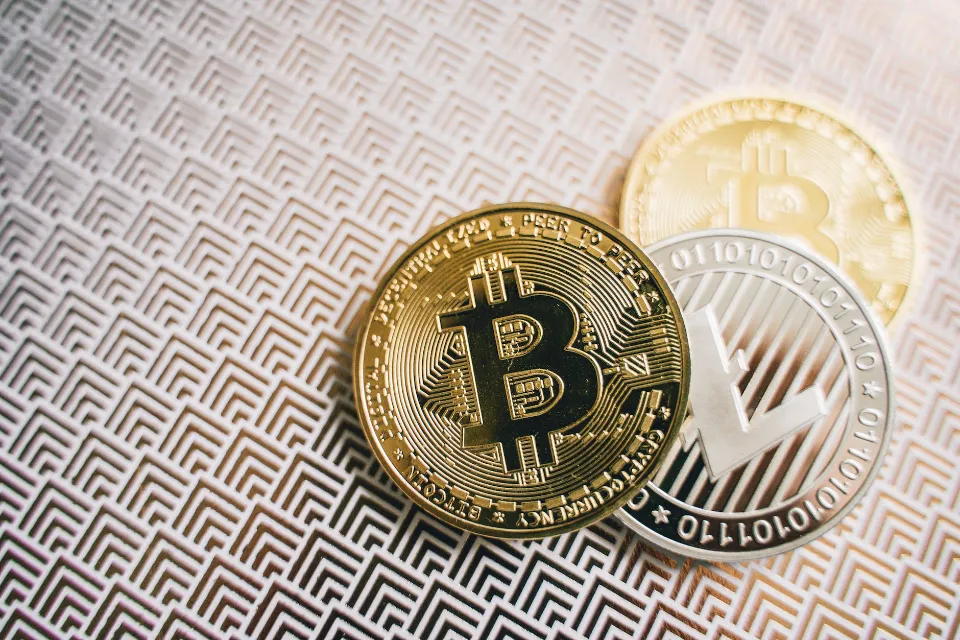
- Need for KYC
Adding a Custodial wallet to your services has the additional disadvantage of strongly advising users to complete KYC (Know Your Customer, ID Verification). Without establishing your identity, you cannot access your money or any of the associated services. The fundamental tenet of cryptocurrency, namely anonymity, is hampered by the demand for identification verification.
- Data breach threat
The first time you buy cryptocurrency, it’s likely to end up in a custodial exchange online crypto wallet due to the custodial vs. non-custodial exchange debate.
A significant portion of user funds are kept in cold and hot wallets when dealing with Custodial cryptocurrency exchanges. Despite the fact that these wallets may not be a simple target for hackers given the involvement of numerous conformations, they are still susceptible to security flaws.
The Japanese exchange Mountain incident is one such instance. Gox in 2014, where more than 70% of bitcoin transactions were compromised, causing a loss of about $450M.
- No offline facility
Last but not least, in order to access the Custodial wallets or carry out any transactions, an Internet connection is required.
With that out of the way, let’s explore the idea of non-custodial wallets to get a clear understanding of both before moving on to the section where we examine custodial vs. Comparison between non-custodial situations.
What Are the Benefits and Limitations of Non-custodial Wallets?
Benefits of Non-custodial Wallets
- Users’ control over funds
Because they give users direct access to their money, non-custodial accounts are gaining enormous momentum. Users do not need to rely on a third party to manage their funds or carry out any related tasks.
- Safety in funding
The risk of a data breach is significantly reduced because you are solely responsible for all the information related to your online cryptocurrency wallet and its funds. This is one of the main reasons why 66.5% of cryptocurrency holders now use non-custodial and mobile storage options.
- Instant withdrawals
In contrast to the best Custodial wallets, these wallets do not require authorization from a third party before completing any transaction. This simplifies everything and makes instant withdrawals more convenient.
Having said that, let’s investigate the restrictions placed on non-custodial cryptocurrency wallets in order to reach a fair conclusion.
There aren’t any significant negatives that can be emphasized when it comes to Non-Custodial wallets. The most advanced Blockchain features are provided by the wallet type. Users must, however, securely store their key in order to benefit from it.
Drawbacks of Non-custodial Wallets
- Trade delay
Since the money will initially be sent to an exchange in noncustodial, it will be challenging to transact quickly.
- More responsibility
A lot of responsibility comes with being in charge of your own security. Even the slightest error could result in theft, deletion, or unintended consequences.
- User interface
User Interfaces are presented in a way that makes them a little more challenging to comprehend.
- Keys lost equals money lost
Nobody will be able to help you restore your wallet or data if you accidentally lose your key and seed phrase. A user may lose access to their wallet if they lose a private key or mnemonic seed because there is no backup or recovery option.
Closing Thoughts
Which is better, a custody wallet or a non-custodial wallet? Both are commonly used by crypto users, but it really depends on your needs. Consider a non-custodial wallet if you prefer to maintain complete control over your assets or if you simply want to use blockchain technology to communicate with DeFi applications. But you can search for reputable custodial wallet service providers if you’re looking for someone to take care of your storage requirements while you trade or invest.
Remember that you should always exercise caution and follow best practices to increase the security of your funds whether you are using a custodial or non-custodial wallet.
FAQs
Is MetaMask Custodial Or Non-custodial?
A self-custodial (also known as non-custodial) cryptocurrency and token wallet is included with MetaMask. It gives you complete control over your assets and access keys.
What is a Custodial Wallet?
Since the custodial wallet service (such as Coinbase or Kraken) holds the private key, it is in charge of protecting the user’s money. As opposed to a custodial wallet, a non-custodial wallet gives users complete control over their private key and, consequently, full responsibility for maintaining the security of their assets.
Is Coinbase a Custodial Or Non-custodial Wallet?
Self-custody wallet Coinbase Wallet gives you total control over your digital assets. This indicates that your wallet’s private keys, which signify ownership of the cryptocurrency, are kept there instead of at a centralized exchange, directly on your web browser or mobile device.
Are Non-custodial Wallets Safer?
Trezor, Ledger, and Electrum are a few non-custodial cryptocurrency wallets. All of these hardware wallets allow users to store their private keys and are thought to be more secure because the user has control over their keys.

